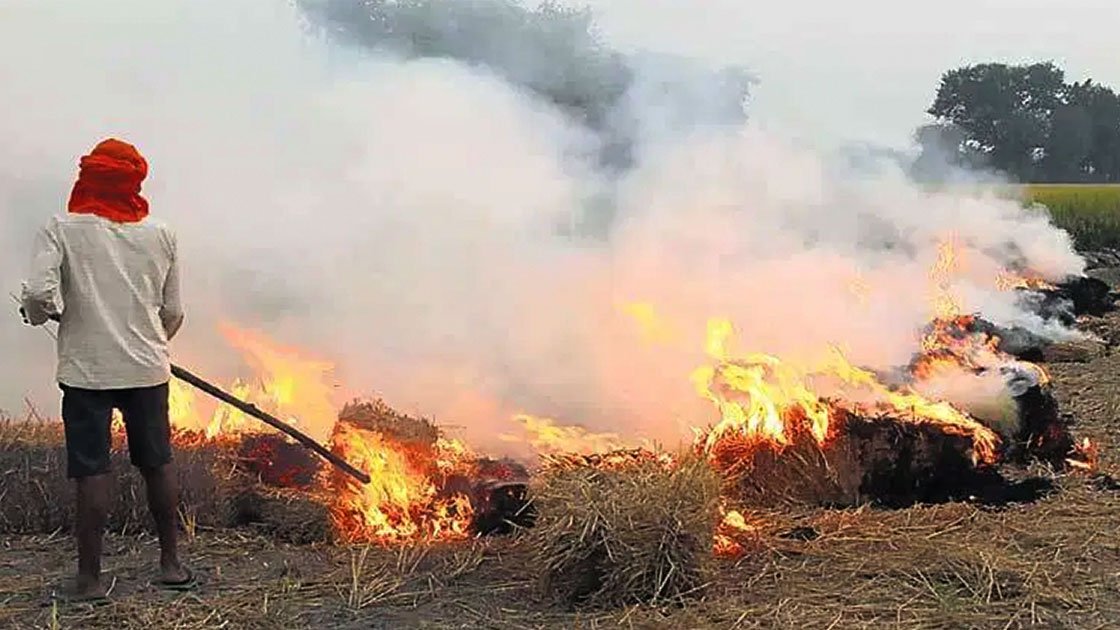Stubble burning in Punjab can be controlled completely if farmers are compensated for management of paddy straws, the state’s agriculture secretary K S Pannu told The Indian Express Monday. Punjab Chief Minister Captain Amarinder Singh would also seek compensation for farmers for stubble management in a letter he was writing to the Centre Monday, he said.

“This can control (stubble burning) 100%. The government of India can give a bonus of Rs 100 per quintal while procuring paddy… to those farmers who do not burn (the straw),” he said.
Around October every year, farmers in Punjab, Haryana and other North West Indian states set fire to paddy residue in order to clear their fields to sow fresh wheat crops.
This is said to harm quality of soil and air by releasing pollutants, including carbon dioxide, carbon monoxide and particulate matter, which can also impact health. Stubble burning in Punjab and Haryana is also known to have an impact on Delhi-NCR’s air quality.
Announcing the Delhi government’s winter action plan on September 13, Chief Minister Arvind Kejriwal had said smoke released from crop burning in the two states veers over to Delhi around November 1, creating smog over the city and turning it into a “gas chamber”.
The minimum support price at which the Centre would buy Grade ‘A’ paddy this year is set at Rs 1,835 per quintal as of July 2019. This has increased by Rs 385 since 2015-16 and Rs 65 from the previous financial year.
Total paddy procured from Punjab in 2018-19 was 169.17 lakh metric tonnes. If Rs 100 per quintal bonus was paid to all farmers in the state the previous financial year, the Centre would have given an incentive of nearly Rs 1,700 crore.
In a letter to Prime Minister Narendra Modi in September 2018, the Punjab CM had made a request similar to the one he is expected to make in Monday’s letter. He had said nearly 15 million metric tonnes of paddy straw was being burned annually in the state, despite strict measures taken to control it.
Written by Shivam Patel |New Delhi
Source: Indian Express |September 24, 2019




